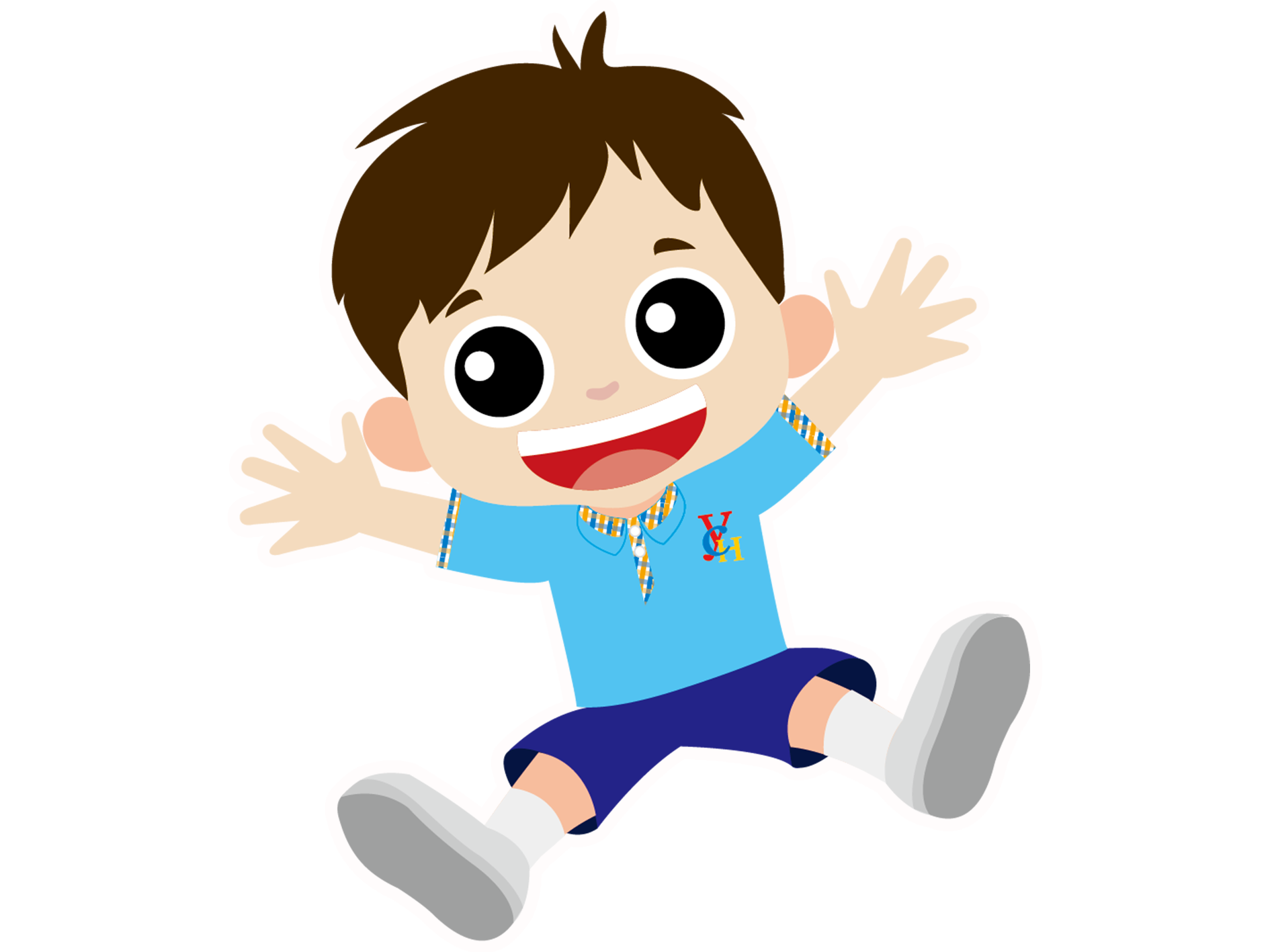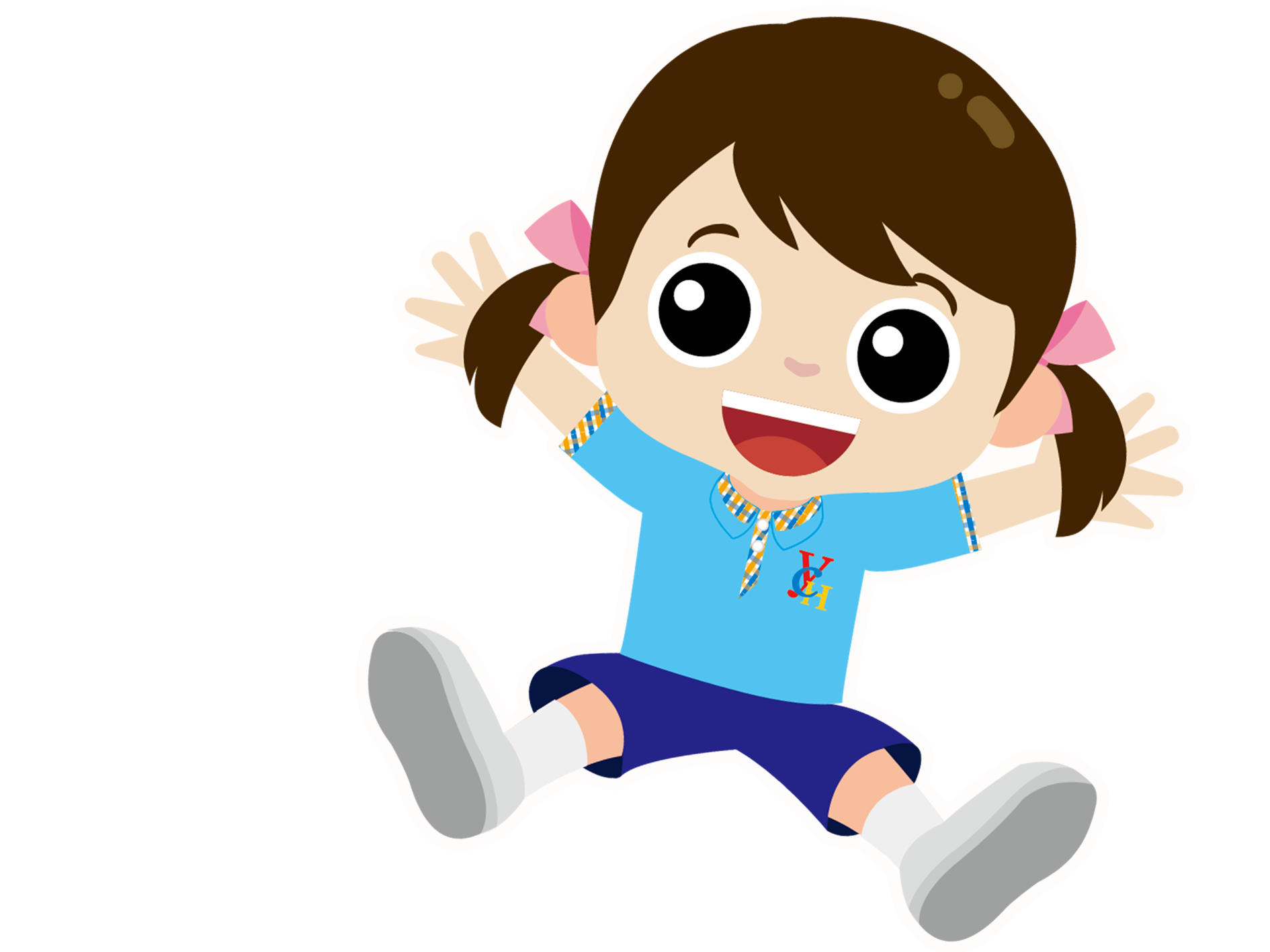
Love Warms at Home
Written by: Principal Cheung Jok Fong, Education expert Have you ever heard the theme song “Embrace Love” from a certain TV series? I really like some of the lyrics, which simply yet powerfully convey the essence of “home”: home is a place that “shelters from wind and rain”, your “shield” that will always “open its door” when you are “weary”. The “love” mentioned refers to the familial love that is destined from the moment you were born – a bond thicker than water. Indeed, what could be more important than family love? When you are down on your luck, your family will share your worries, listen to your woes, and accompany you through the difficult times;








